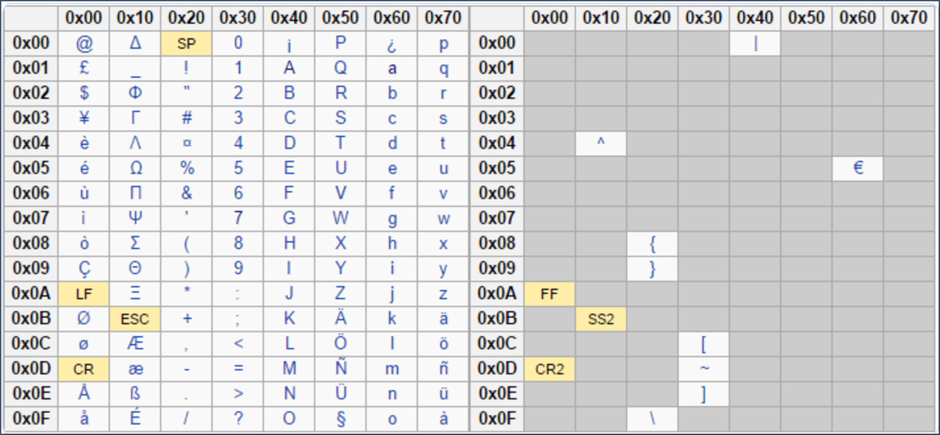When you send messages with longer sentences and/or have longer alphabets, the length of messages increases significantly. So, these messages are split into multiple parts, which could increase user SMS costs.
GSM alphabet versus Unicode
The GSM alphabet (GSM-7) is a 7-bit alphabet and the standard encoding for GSM. If an SMS is encoded in the GSM alphabet, the maximum number of characters allowed in the message is 160. The GSM alphabet message can be split into 255 parts for long messages.
If an SMS is encoded in Unicode, the maximum number of characters allowed in the message is 70. Like GSM alphabet messages, the Unicode message can also be split into 255 parts for long messages.

In your SMS, if you include even a single character not supported by the GSM alphabet, all characters in the message are encoded in Unicode. So, the maximum number of characters reduces to 70 per message.
If the message is longer than 70 characters, it is split into multiple messages. Each subsequent message is limited to 70 characters, even if it contains characters from the GSM alphabet.